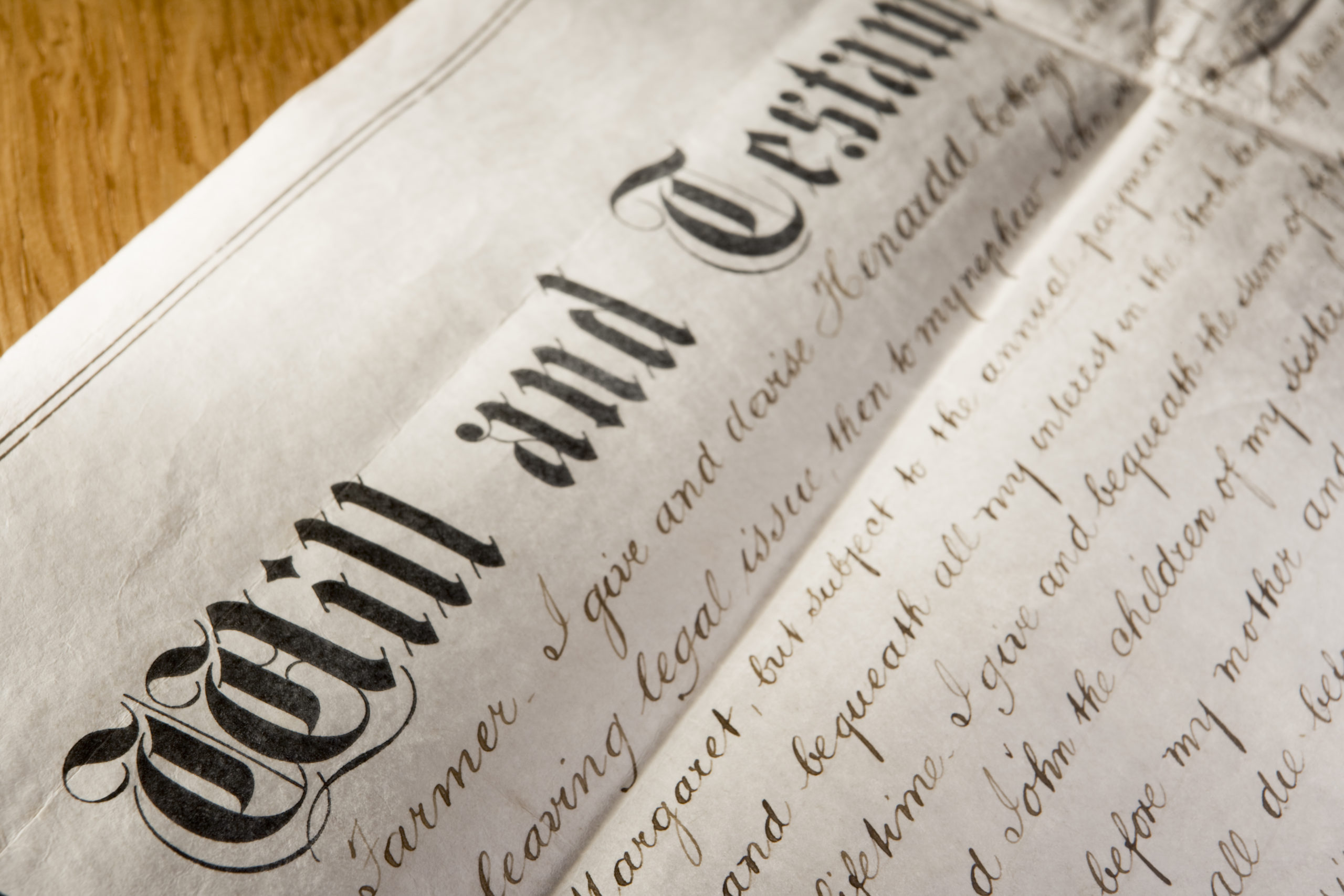We discussed what a will is and why it’s important to have one in another article (which you can find here). That’s all well and good, but what if you don’t have one? So, what now? Now, before you start panicking, let me put your mind at ease. If you don’t have a will, two things can happen, and we’ll look into those two things more closely now. The first of these is known as an Affidavit.
Affidavit
While the term may appear to be confusing, an affidavit is simply a written statement of facts. There are, however, various types. For example, if a person dies but is survived by a spouse and the property they owned is less than $20,000, an Affidavit of Surviving Spouse can be issued to dispose of the property without involving Administration.
If there are heirs but no spouse, an Affidavit of Heirs can be issued to the person who is the deceased’s closest kin. However, keep in mind that property owned by the deceased alone cannot exceed $10,000, and that consent from certain individuals may be required.
If everything goes well, the Surrogate can issue either an Affidavit of Spouse or an Affidavit of Heir, allowing the named individual to act on behalf of the deceased in relation to the property listed in the document. These documents are not available until the sixth day after the death.
Administration
If the value of the property owned exceeds $20,000 and there is a surviving spouse, that person may be appointed Administer of the estate, and a bond for the full value will be posted if there are other people entitled to inherit it.
If there is no surviving spouse and the estate exceeds $10,000, the next-in-line heir can be appointed as administrator, and the rest of the process is the same. Please keep in mind that renunciations may be required.
If you want to be considered for the position of administrator, the Surrogate Court requires a few things. A certified copy of the death certificate and qualification papers signed by the applicant are included (s). Letters of Administration and certificates will be issued once all requirements have been met, but not until the sixth day after death.
Contact New Jersey Estate Planning Attorney Today
No need to panic if you don’t have a will. While attorney Justin Scott agrees it can be (and usually is) beneficial, he also says:
“There are ways to work around it. These steps, while they can seem rather daunting, are in fact quite easy to understand, if you have knowledgeable people passionate about what they do. It’s our job to take care of the hard parts because waking up and living each day with the loss of a loved one is plenty hard enough.”
Contact us today at (856) 485-4585.


